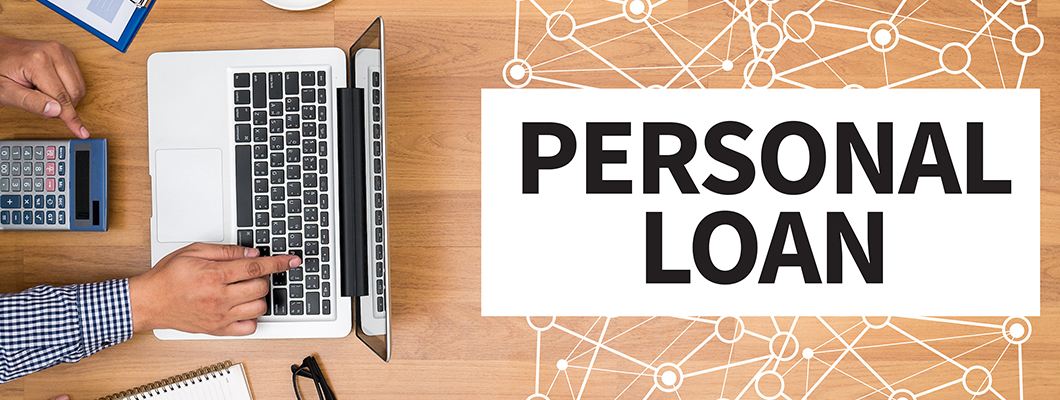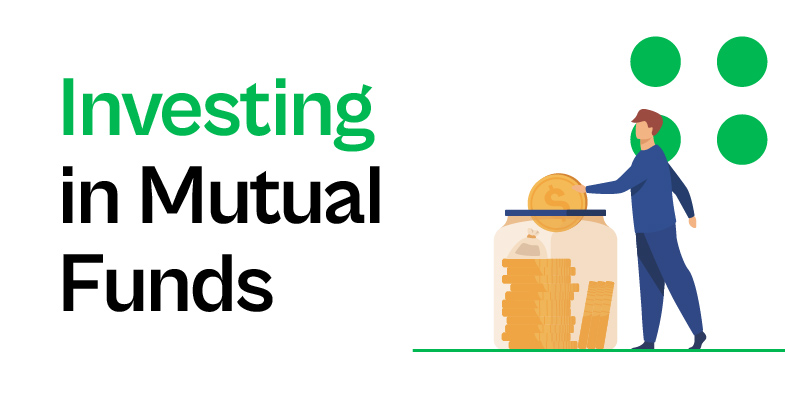-
Table of Contents
Understanding Personal Loans: Empowering Financial Freedom
Understanding Personal Loans and When to Use Them
Personal loans are a type of loan that individuals can borrow from banks, credit unions, or online lenders. They are typically unsecured loans, meaning they do not require collateral such as a house or car. Personal loans can be used for a variety of purposes, including debt consolidation, home improvements, medical expenses, or even funding a vacation.
When considering whether to use a personal loan, it is important to assess your financial situation and determine if it aligns with your needs. Personal loans can be a useful tool in certain circumstances, such as when you need to consolidate high-interest debts into a single, more manageable payment. They can also be helpful for covering unexpected expenses or making necessary home repairs.
However, personal loans should be used responsibly and only when necessary. It is crucial to consider the interest rates, fees, and repayment terms associated with the loan. Additionally, it is important to have a clear plan for repaying the loan on time to avoid any negative impact on your credit score.
In conclusion, personal loans can be a valuable financial tool when used wisely and for the right reasons. Understanding your financial needs and carefully considering the terms of the loan will help you make an informed decision about whether a personal loan is the right choice for you.
The Benefits of Personal Loans for Debt Consolidation
Personal loans can be a useful tool for managing debt, and one of the most common reasons people choose to take out a personal loan is for debt consolidation. Debt consolidation involves combining multiple debts into one loan, which can simplify your financial situation and potentially save you money in the long run. In this article, we will explore the benefits of personal loans for debt consolidation and when it may be the right time to consider using them.
One of the primary advantages of using a personal loan for debt consolidation is the potential to lower your interest rates. If you have multiple high-interest debts, such as credit card balances or payday loans, consolidating them into a personal loan with a lower interest rate can save you a significant amount of money over time. By paying off these high-interest debts with a lower-interest personal loan, you can reduce the overall amount of interest you pay and potentially pay off your debt faster.
Another benefit of using a personal loan for debt consolidation is the simplicity it brings to your financial life. Instead of juggling multiple due dates and minimum payments, you only have to worry about one loan payment each month. This can make it easier to stay organized and ensure that you don’t miss any payments, which can negatively impact your credit score. Additionally, having a single loan can help you create a clear plan for paying off your debt, as you can focus on one balance instead of multiple balances with varying interest rates.
Personal loans for debt consolidation also offer the advantage of fixed interest rates and fixed monthly payments. Unlike credit cards, which often have variable interest rates that can fluctuate over time, personal loans typically come with fixed rates. This means that your interest rate will remain the same throughout the life of the loan, making it easier to budget and plan for your monthly payments. With fixed monthly payments, you can have peace of mind knowing exactly how much you need to pay each month, which can help you stay on track with your debt repayment plan.
So, when is the right time to consider using a personal loan for debt consolidation? It’s important to evaluate your financial situation and determine if a personal loan is the right solution for you. If you have multiple high-interest debts and are struggling to keep up with the payments, a personal loan can provide relief by simplifying your finances and potentially lowering your interest rates. However, it’s crucial to remember that a personal loan is not a magic solution and should be used in conjunction with responsible financial habits.
Before applying for a personal loan, take the time to research and compare different lenders to find the best terms and interest rates. It’s also essential to have a clear plan for how you will use the loan to pay off your debts and avoid accumulating new ones. By understanding the benefits of personal loans for debt consolidation and using them wisely, you can take control of your finances and work towards a debt-free future.
Understanding the Different Types of Personal Loans
Personal loans are a popular financial tool that can be used for a variety of purposes. Whether you need to consolidate debt, pay for a wedding, or cover unexpected medical expenses, personal loans can provide the funds you need. However, it’s important to understand the different types of personal loans available and when it’s appropriate to use them.
One common type of personal loan is an unsecured loan. This means that the loan is not backed by any collateral, such as a car or house. Unsecured loans are typically based on your creditworthiness and income. They can be a good option if you have a strong credit history and don’t want to risk losing your assets. However, because they are not secured, unsecured loans often come with higher interest rates.
Another type of personal loan is a secured loan. These loans are backed by collateral, such as a car or house. Because the lender has something to repossess if you default on the loan, secured loans often come with lower interest rates. However, if you fail to make your payments, you could lose your collateral. Secured loans are a good option if you have valuable assets and are confident in your ability to repay the loan.
A third type of personal loan is a fixed-rate loan. With a fixed-rate loan, the interest rate remains the same throughout the life of the loan. This can be beneficial if you prefer predictable monthly payments and want to avoid any surprises. Fixed-rate loans are often used for large purchases, such as home renovations or a new car.
On the other hand, a variable-rate loan has an interest rate that can fluctuate over time. This type of loan is tied to an index, such as the prime rate, and can change based on market conditions. Variable-rate loans can be a good option if you expect interest rates to decrease in the future. However, they can also be risky if rates rise, as your monthly payments could increase.
It’s important to carefully consider the type of personal loan that best suits your needs. If you’re unsure, it may be helpful to consult with a financial advisor who can provide guidance based on your specific situation. They can help you determine the best loan type and terms for your needs and financial goals.
In addition to understanding the different types of personal loans, it’s also important to know when it’s appropriate to use them. Personal loans can be a useful tool for consolidating high-interest debt, such as credit card balances. By taking out a personal loan with a lower interest rate, you can save money on interest and pay off your debt more quickly.
Personal loans can also be used for major life events, such as weddings or medical expenses. These types of expenses can be difficult to plan for, and a personal loan can provide the funds you need to cover them. However, it’s important to carefully consider the terms of the loan and ensure that you can comfortably make the monthly payments.
In conclusion, personal loans are a versatile financial tool that can be used for a variety of purposes. Understanding the different types of personal loans and when to use them is crucial for making informed financial decisions. Whether you need to consolidate debt or cover unexpected expenses, personal loans can provide the funds you need. However, it’s important to carefully consider the terms of the loan and consult with a financial advisor if you’re unsure. By doing so, you can make the best decision for your financial situation and goals.
When to Consider a Personal Loan for Home Renovations
When it comes to home renovations, many homeowners find themselves in need of extra funds to cover the costs. While there are various financing options available, one option that is often overlooked is a personal loan. Personal loans can be a great solution for funding home renovations, providing homeowners with the flexibility and convenience they need.
One of the main advantages of using a personal loan for home renovations is the quick and easy application process. Unlike other types of loans, personal loans typically have a streamlined application process that can be completed online. This means that homeowners can apply for a loan from the comfort of their own home, without the need for lengthy paperwork or multiple trips to the bank.
Another benefit of using a personal loan for home renovations is the flexibility it offers. Unlike a home equity loan or a home equity line of credit, which require homeowners to use their home as collateral, a personal loan does not require any collateral. This means that homeowners can use the funds from a personal loan for any purpose they choose, including home renovations. This flexibility allows homeowners to have complete control over how they use the funds, giving them the freedom to make the improvements they desire.
Additionally, personal loans often have lower interest rates compared to credit cards or other types of loans. This can result in significant savings over the life of the loan, especially for larger renovation projects. By taking advantage of a lower interest rate, homeowners can reduce the overall cost of their renovations and potentially save thousands of dollars in interest payments.
Furthermore, personal loans typically have fixed interest rates and fixed monthly payments. This means that homeowners can budget and plan their finances more effectively, as they know exactly how much they need to repay each month. This stability can provide peace of mind and help homeowners avoid any unexpected financial surprises.
It is important to note that while personal loans can be a great option for funding home renovations, they may not be suitable for everyone. Before applying for a personal loan, homeowners should carefully consider their financial situation and determine if they can comfortably afford the monthly payments. It is also important to compare loan offers from different lenders to ensure that homeowners are getting the best possible terms and interest rates.
In conclusion, personal loans can be a valuable tool for homeowners looking to fund their home renovations. With a quick and easy application process, flexibility in how the funds are used, and potentially lower interest rates, personal loans offer homeowners a convenient and cost-effective financing option. However, it is important for homeowners to carefully consider their financial situation and compare loan offers before making a decision. By doing so, homeowners can make informed choices and ensure that they are using personal loans in the most beneficial way possible.In conclusion, personal loans can be a useful financial tool when used appropriately. They can be used for a variety of purposes such as debt consolidation, home improvements, or unexpected expenses. However, it is important to carefully consider the terms and interest rates associated with personal loans before borrowing. Personal loans should be used responsibly and only when necessary to avoid unnecessary debt.




